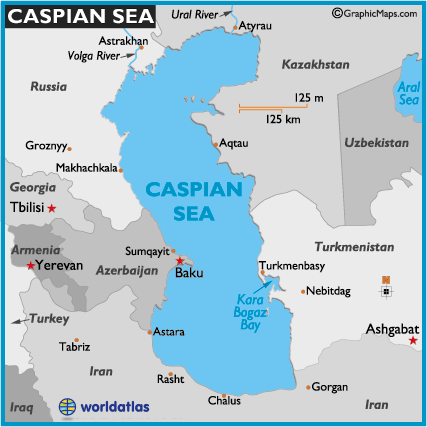These MCQs are based on Today’s Targets given here
Q.1) Consider the following statements about Article 233 of Indian Constitution:
1. According to Article 233 district judges in any State are appointed by the Governor of the State in consultation with the High Court
2. As per Article 233 a person not already in the service of the Union or of the State shall only be eligible to be appointed a district judge
Select the correct answer using the code given below:
a) 1 only
b) 2 only
c) Both 1 and 2
d) Neither 1 nor 2
Ans. C
Explanation:
- Appointments of persons to be, and the posting and promotion of, district judges in any State shall be made by the Governor of the State in consultation with the High Court exercising jurisdiction in relation to such State
- A person not already in the service of the Union or of the State shall only be eligible to be appointed a district judge if he has been for not less than seven years an advocate or a pleader and is recommended by the High Court for appointment
Q.2) Consider the following statements about Swine Flu:
1. Swine Flu is a viral disease
2. Swine Flu spreads by sneezing, coughing and touching a germ-covered surface and then touching their eyes or nose
Select the correct answer using the code given below:
a) 1 only
b) 2 only
c) Both 1 and 2
d) Neither 1 nor 2
Ans. C
Explanation:
Read More: http://www.healthline.com/health/swine-flu#risk-factors2
Q.3) Which of the following countries does not touch Caspian Sea:
a) Kazakasthan
b) Iran
c) Turkmenistan
d) Uzbekistan
Ans. D

Q.4) Consider the following statements:
1. The Union Government alone can make laws relating to the subjects mentioned in the Union List.
2. The State Governments alone can make laws relating to the subjects mentioned in the State List.
3. Both the Union as well as the State Governments can make laws on the subjects mentioned in concurrent list.
4. If the laws made by Union and state on concurrent list subject conflict with each other, the law made by the Union Government will always prevail.
5. The Union Government has the power to legislate on these ‘residuary’ subjects.
Which of the above are ture. Select the correct answer using the code given below:
a) 1, 2, 3 and 4 only
b) 4 and 5 only
c) 1, 2, 3 and 5 only
d) 1, 2, 3, 4 and 5
Ans. C
Explanation: Concurrent List includes subjects of common interest to both the Union Government as well as the State Governments, such as education, forest, trade unions, marriage, adoption and succession. Both the Union as well as the State Governments can make laws on the subjects mentioned in this list. If their laws conflict with each other, the law made by the Union Government will prevail. But not always. There is an exception to this in cases “where a law made by the Legislature of a State with respect to one of the matters enumerated in the Concurrent List contains any provision repugnant to the provisions of an earlier law made by Parliament or an existing law with respect to that matter, then, the law so made by the Legislature of such State shall, if it has been reserved for the consideration of the President and has received his assent, prevail in that State. Provided that nothing in this clause shall prevent Parliament from enacting at any time any law with respect to the same matter including a law adding to, amending, varying or repealing the law so made by the Legislature of the State.”
Statement 1, 2, 3 and 5 are correct.
Source: NCERT 10th: Democratic Politics – II , Chapter 2, Page 17
Q.5) Consider the following statements:
1. India is a federal country and all States in the Indian Union enjoy identical powers.
2. Many provisions of the Indian Constitution are not applicable to J&K without the approval of the State Assembly.
Select the correct answer using the code given below:
a) 1 only
b) 2 only
c) Both 1 and 2
d) Neither 1 nor 2
Ans. B
Explanation: We noted above that most federations that are formed by ‘holding together’ do not give equal power to its constituent units. Thus, all States in the Indian Union do not have identical powers. Some States enjoy a special status. Jammu and Kashmir has its own Constitution. Many provisions of the Indian Constitution are not applicable to this State without the approval of the State Assembly. Indians who are not permanent residents of this State cannot buy land or house here. Similar special provisions exist for some other States of India as well.
Source: NCERT 10th: Democratic Politics – II , Chapter 2, Page 17